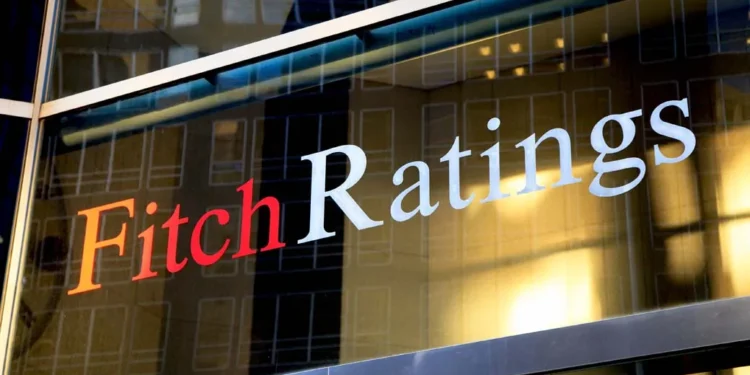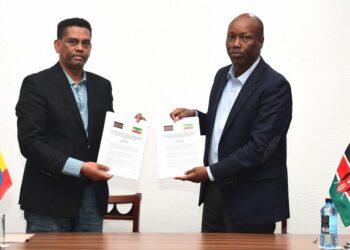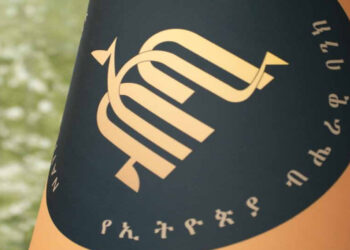Ethiopia’s struggle with its external debt continues to weigh heavily on its international credit standing, even as signs of domestic financial stabilization have begun to emerge.
Global ratings agency Fitch has maintained Ethiopia’s Long-Term Foreign-Currency Issuer Default Rating (IDR) at ‘RD’ (Restricted Default) — the same level it assigned after the country failed to pay the USD33 million coupon on its USD1 billion Eurobond in December 2023. The issue rating on the Eurobond itself remains at ‘D’ (Default).
Fitch reiterated that Ethiopia’s foreign-currency IDR will only be lifted from default once the government completes its restructuring negotiations with private external creditors.
In contrast to the stagnation on the foreign debt front, Ethiopia’s Long-Term Local-Currency IDR has been upgraded to ‘CCC+’ from ‘CCC’, a reflection of reduced financing pressures, improved macroeconomic stability, and increased confidence that local-currency obligations will not be included in the restructuring process. Fitch credited the government’s efforts to modernize monetary policy, phase out non-market-based financing, and secure significant multilateral support from institutions such as the IMF and World Bank.
The rating action coincided with the Spring Meetings of the International Monetary Fund (IMF) and the World Bank Group held in Washington, D.C. Discussions at the meetings highlighted broader concerns about fiscal discipline across African economies. IMF Managing Director Kristalina Georgieva noted that—with the exception of Morocco—many African countries were struggling to “put their fiscal houses in order,” urging governments to press ahead with necessary reforms despite turbulent global conditions.
Parallel conversations at the meetings also reignited debates over the role of global credit rating agencies. Claver Gatete, Executive Secretary of the Economic Commission for Africa (ECA), criticized the major rating firms for exhibiting bias against African nations. Gatete called for the establishment of an African-led, internationally credible credit rating agency to ensure fairer assessments of the continent’s economic prospects.
Meanwhile, Ethiopia’s negotiations under the G20 Common Framework continue, with hopes pinned on reaching agreements with official bilateral lenders before engaging private bondholders. A final debt restructuring deal remains critical to restoring Ethiopia’s full financial standing and reestablishing access to international capital markets.
For now, while the government’s reform program has gained some domestic momentum, its external debt challenges remain unresolved — and until they are, Ethiopia’s full re-entry into global financial markets will remain out of reach.























